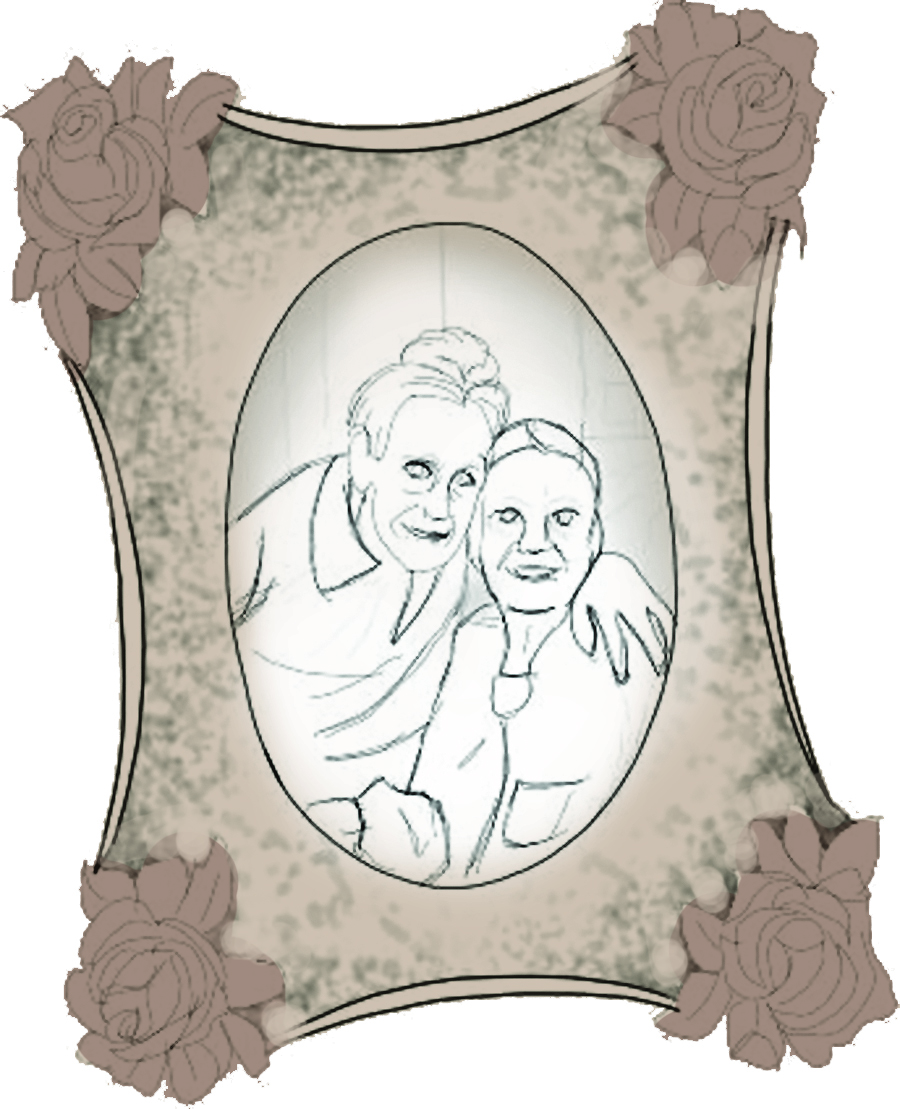
The lobby of Long Wharf Theatre had the ambiance of a movie theater, including a stand. It sold alcohol instead of food, however. I collected my tickets and sat on the couch and to my right saw a selection of books: Phillis Wheatley, Langston Hughes, an autobiography of Martin Luther King Jr. There was an old couple next to me perusing the collection enthusiastically. It was part of the theater’s set up for the play of the night: “Having Our Say: The Delany Sisters’ First 100 Years.” Written by Emily Mann, the play is adapted from the oral history of the Delany Sisters, who were Black women born in 1889 and 1888 and died in the 1990s. Their lives spanned the entire 20th century, and the play centers their experiences.
The lights dimmed, people were seated and a small tune that was reminiscent of old-timey jazz played. A few pictures of what I presumed to be the sisters when they were young were presented, followed by pictures depicting famous Civil Rights activists and tense moments in Black history. And then the stage living room lit up and I saw what looked to be something incredibly similar to my grandma’s house. The shiny linoleum floors, the ceramic green cupboards, drapes everywhere, a tan refrigerator with a prominent oven nearby and a creme base to tie all the rooms together. Was this to be the scene of strife? Two little old ladies appeared and began sorting things around the room. I was shocked. A hundred years of history, all available and ripe for the representation, and here we had a living room fit for one of those odd antique shops and two little old ladies. I wondered if I was going to regret the next hour and 50 minutes. What could two little old ladies provide that would entertain a young and restless idiot like me?
I was wrong. I knew it the moment the two spoke: A wave of personality inundated the audience. It was obvious that Bessie was the strong one of the pair. She had, in her sister’s words, sass and sarcastic looks, and she stood for no nonsense. Sadie was the jovial sister, who loved to tease Bessie and looked on the past with almost total fondness; but even in the face of what seems like completely antagonistic personalities, they had constant moments in which they would speak in unison as they recalled the century of time they spent in each other’s company and personal development. They invited us into their home and they told their story and they told it well, as if the memories were alive; and they were — they came alive in these wonderful women.
The procedure of the play had the sisters recall their lives around major events in the late 19th and 20th centuries, but not in a way that seemed cliche. There was a smooth transition, as the play focused more on how they developed and how the events of the 20th century forced them to act in response. Their performance created a sense of childlike wonder, harkening to those times when I listened to my grandma tell stories of what it was like when she was younger. The whole experience of observing them felt natural and organic. These sisters were activists, smart and vivacious. They experienced lynchings, the Suffrage Movement; they attended Columbia and lived through the Civil Rights era.
They gave an intimate portrayal of events that felt distant. On one hand, Sadie talked about some relatively uplifting moments. One was about the white people in her town that she was friends with, and how Jim Crow forcibly created tension in amicable relationships. She mentioned how she would visit a shoe shop owned by a Jewish man, and how she would infringe on the Crow law that forbade black people from being in the front of the store, near windows. Sadie would ask the store owner teasingly where she could try on shoes, over and over until he relented and she had her fun trying on shoes with him at the front of the store. On the other hand, there were also some darker instances. Bessie noted a time during the lynchings of the early 20th century, when she saw a pregnant woman hung by her feet and her abdomen slit.
We listened to two amazing old Black women tell their times through the lens of their vivid personalities, and that is what the beauty of this play was. It was delightful, and thought-provoking. A particular quote from Bessie stood out, where she mentioned how she felt experiencing gaining the right to vote. She said, “I was torn between two issues — colored and women’s rights. But I always felt I got more trouble being colored … a great day was when we got the right to vote. You know I love to complain. Never do I want to lose the right to complain!” Warmly, we all chuckled in appreciation. And that’s how I left: appreciative. I left feeling warm, with both a hint of familiarity and a giant slice of perspective.







